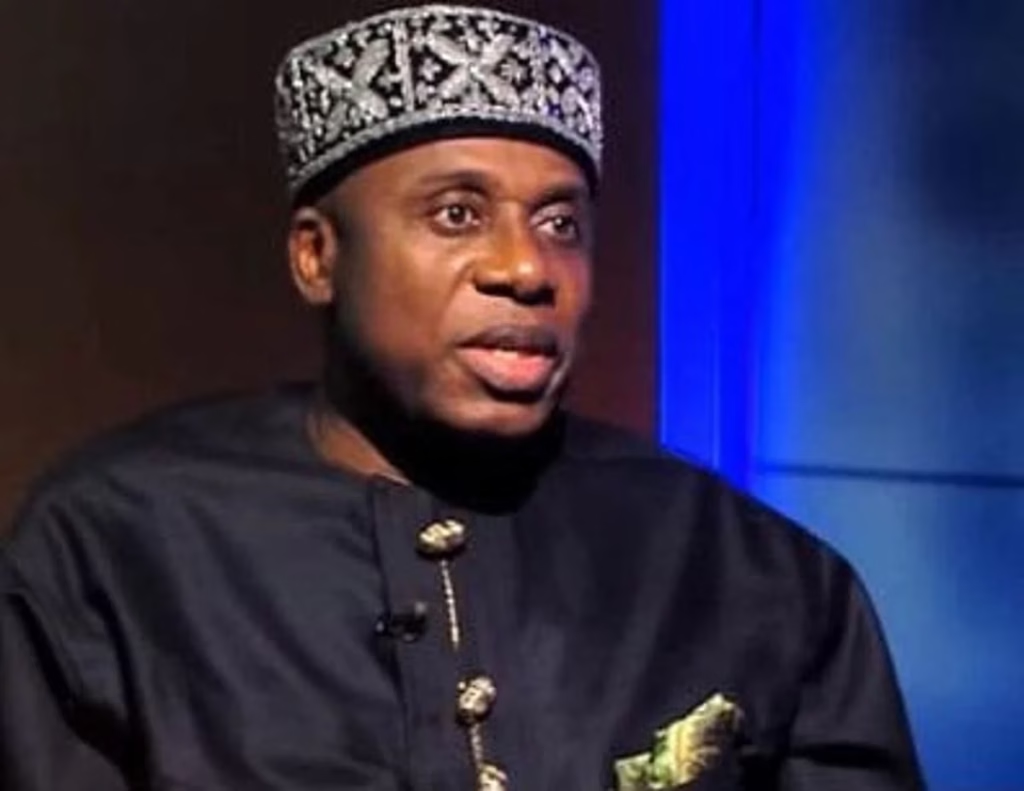Nigerian ruling party officials in Lagos have sharply criticized a former minister’s assertion that he could unseat President Bola Tinubu in a hypothetical election, dismissing the claim as unrealistic and politically motivated. The Lagos chapter of the All Progressives Congress (APC) rebuffed Rotimi Amaechi, a former transportation minister and ex-governor of Rivers State, after he reportedly suggested he could defeat Tinubu if nominated by the African Democratic Congress (ADC), a smaller opposition party.
In a statement released Saturday, the Lagos APC labeled Amaechi’s remarks a “desperate outburst of a political has-been seeking relevance,” arguing he lacked the requisite influence, national appeal, and organizational backing to mount a credible challenge. The party cited Tinubu’s decisive 2023 election victory and broad regional support as evidence of his entrenched political stature, contrasting it with Amaechi’s alleged electoral setbacks, including a loss in his own local voting district during recent polls.
“The idea that someone could overthrow a sitting president—one with a clear mandate and cross-country respect—through a fringe party like the ADC is both absurd and divorced from reality,” the statement read. Officials further accused Amaechi of political opportunism, pointing to his shifting alliances over the years. They dismissed his insinuation that he understood Tinubu’s “weaknesses” as a reflection of personal resentment rather than substantive critique, attributing it to what they described as a history of “internal conflicts and self-serving agendas” during Amaechi’s career.
The APC’s statement emphasized Tinubu’s legacy of “building leaders and institutions,” framing him as a unifying figure with a proven governance record. In contrast, Amaechi’s tenure was characterized as marred by factionalism and disloyalty. The former minister, who served two terms as Rivers State governor before joining the federal cabinet, has yet to publicly respond to the latest criticisms.
The exchange underscores deepening rifts within Nigeria’s political landscape, particularly among figures once aligned with the ruling party. Analysts note that Amaechi’s potential shift to the ADC highlights the challenges smaller opposition groups face in gaining traction against the APC, which has dominated national politics since 2015. Tinubu, a former Lagos governor, secured the presidency last year amid claims of electoral irregularities from rivals, though courts upheld his win.
While the verbal sparring reflects Nigeria’s often combative political culture, the Lagos APC’s forceful dismissal signals confidence in Tinubu’s incumbency advantages ahead of the next election cycle. Observers, however, caution that economic challenges and regional tensions could reshape voter sentiment in the coming years. For now, the ruling party appears keen to neutralize perceived threats, even from long-standing adversaries like Amaechi, whose influence has waned since his departure from ministerial office in 2022.
